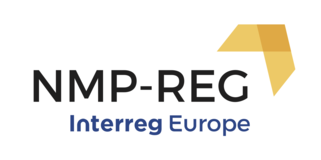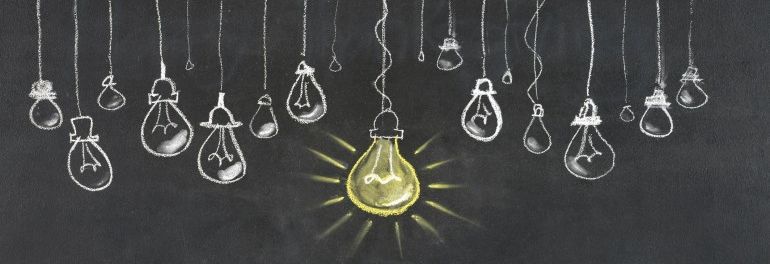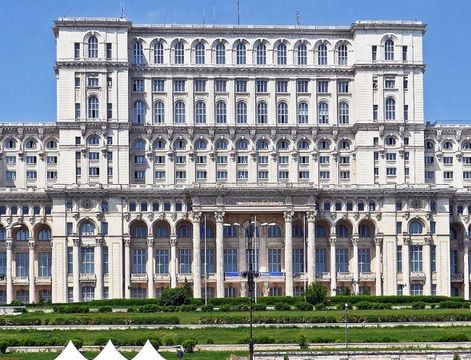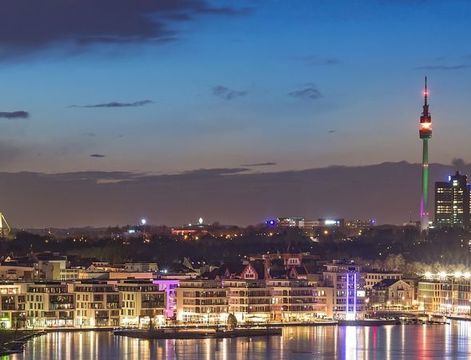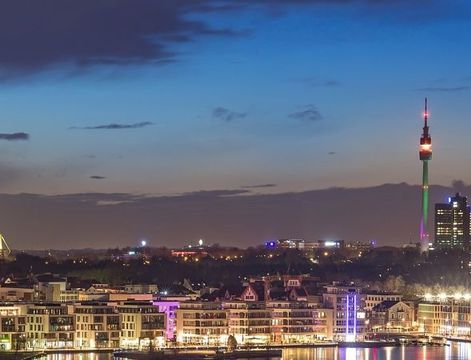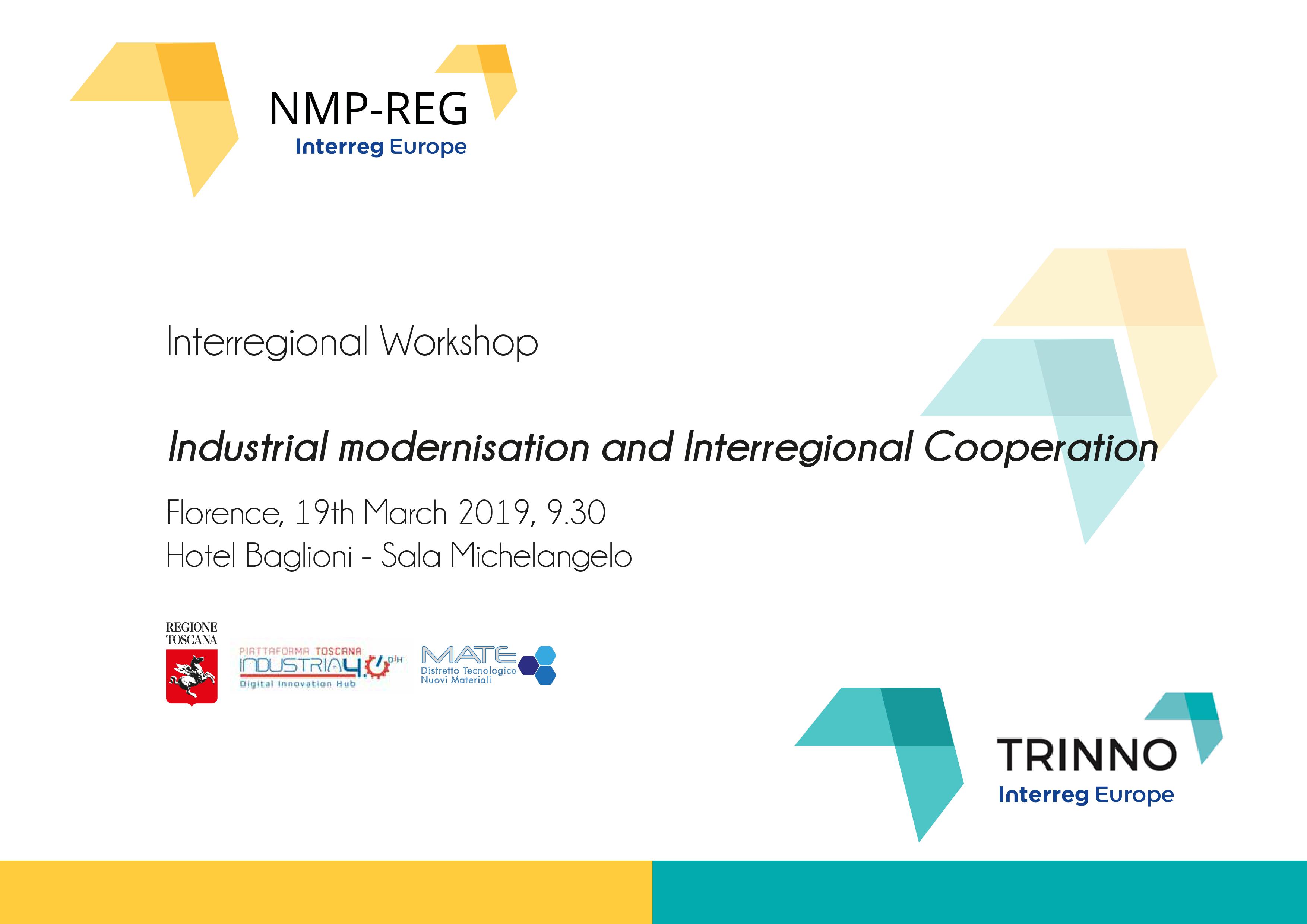With COVID-19, the NMP (nanotechnology & manufacturing, new advanced materials) industry has sought to reconfigure production towards medical needs (e.g. facilitating biocidal substances, producing fabrics for masks, surfaces with antiviral/antimicrobial properties). These rapid changes in production have obstacles. The additional year of the NMP-REG project focuses on the need for an update and adaptation of post-COVID policies to the goal of "Delivering NMP Innovation to Manufacturing".
In this context, two workshops are organised by the NMP-REG project at the end of November and the beginning of December 2021. Specifically, the first event was held on 29 November. Dmitri Petrovykh, from the International Iberian Nanotechnology Laboratory (INL), presented 'The role of NMP in the COVID / post-COVID society: challenges and opportunities', which was followed by an open discussion with all participants.
Below are some photos taken during the event
|
|
|
|
The second event was held on 6 December as a workshop for project partners. The theme of the meeting was related to policy developments and capacity building in a post-Covid-19 perspective. The idea of the workshop is to foster exchange among the partners on their specific areas of interest and priority topics for this further year of project activity. During the workshop, the partners presented their specific areas of interest for this further year of project activity. In detail, the partners carried out individual exchange sessions divided as follows:
- North Rhine Westphalia Session: Start-Ups and Accelerator Programmes in post COVID period.
- Tuscany Session: cluster policy and inter-cluster cooperation post-COVID / RIS3 and manufacturing support post-COVID
- Bucharest-Ilfov Session: NANU4MANU Community and Science/Industry Cooperation in post COVID period;
- Norte Session: Regional policy framework - post-COVID instruments
Finally, and in the light of the session and the different regional situations that emerged, the partners were asked individually to express and draw their own conclusions on which topics of interest, and which types of intervention, regional policies should focus on.
Below are some photos taken during the event
|
|
|
|
